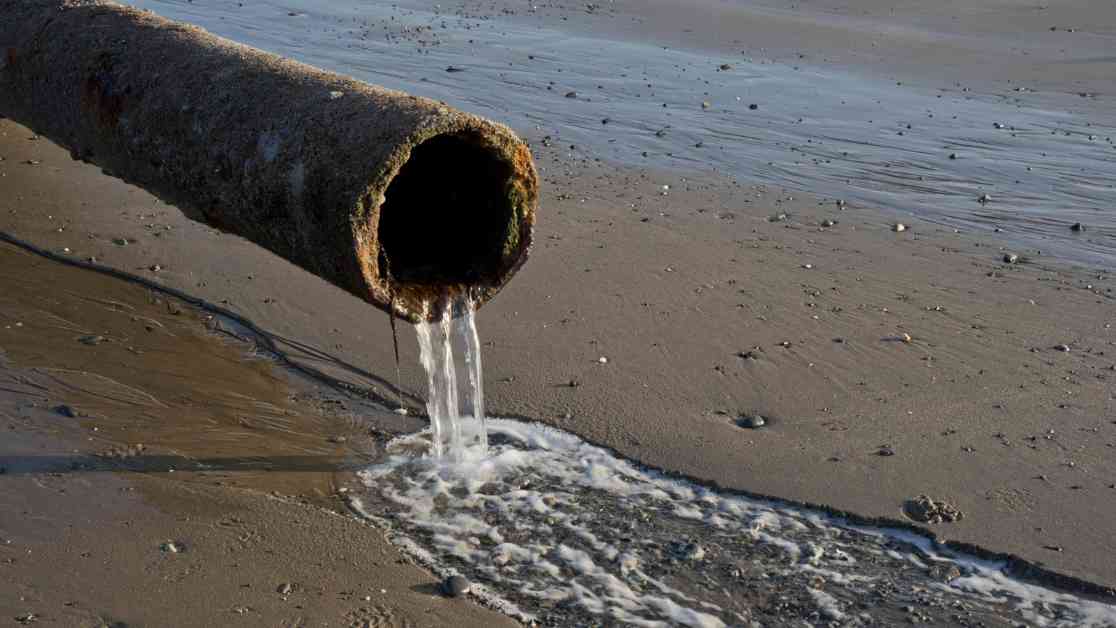Government and Ofwat Accused of Breaking Law on Sewage
In a startling revelation, the government and the water regulator were accused of breaking the law by allowing sewage to be discharged outside of “exceptional circumstances”, as reported by the green watchdog. Combined sewer overflows (CSOs) are designed to be opened only during rare instances, such as heavy rain, to prevent sewage from flooding back into homes and businesses. However, the Office for Environmental Protection found that the environment department Defra, water regulator Ofwat, and the Environment Agency failed to provide proper guidance, permits, and enforcement for the use of CSOs in accordance with the law.
Campaigners who lodged the complaint with the green watchdog highlighted that pollution in rivers could have been avoided if the responsible bodies were fulfilling their duties effectively. Sewage discharges not only pose health risks to swimmers, causing symptoms like diarrhoea, stomach cramps, and fever, but also harm wildlife and ecosystems. The OEP has issued notices outlining the necessary actions to rectify the situation, with a deadline of two months for responses. Failure to act could result in legal action being taken against the implicated parties.
Investigation Findings and Reactions
Helen Venn, the OEP’s chief regulatory officer, emphasized the core issue identified in the investigation – the circumstances under which untreated sewage discharges are permitted. She stated that such discharges should typically be allowed only in exceptional cases, like during unusually heavy rainfall, unless a cost-benefit analysis shows disproportionate expenses to address the problem. While efforts are being made by public authorities to align their approaches with legal requirements, past discrepancies have been noted.
In response to the investigation results, an Ofwat spokesperson assured that steps were being taken to address the issues promptly. They underscored the ongoing enforcement investigation into wastewater companies to ensure compliance with environmental obligations. Additionally, the Labour party criticized the Tories for their alleged disastrous policies that led to a surge in sewage pollution in water bodies across Britain. They claimed to have taken decisive actions, including placing water firms under special measures and introducing measures to regulate bonuses and impose criminal charges. The Environment Agency also highlighted their progress in resolving the identified issues and consulting on updates to their regulatory framework for storm overflows.
Implications and Future Actions
The implications of the watchdog’s findings are significant, particularly in the context of the ongoing legal proceedings involving Thames Water seeking approval for a substantial loan to prevent financial instability. Moreover, Ofwat is set to announce its final decision on permissible bill increases later this week, adding to the critical juncture faced by the water industry in addressing regulatory compliance and environmental concerns.
As the public awaits responses from the implicated bodies and potential legal actions, the spotlight remains on the need for stringent oversight and accountability in managing sewage discharges to safeguard public health and environmental well-being. The outcome of these developments will likely shape the future trajectory of sewage management practices and regulatory enforcement in the water sector, underscoring the urgency of addressing systemic failures and ensuring compliance with legal standards.










